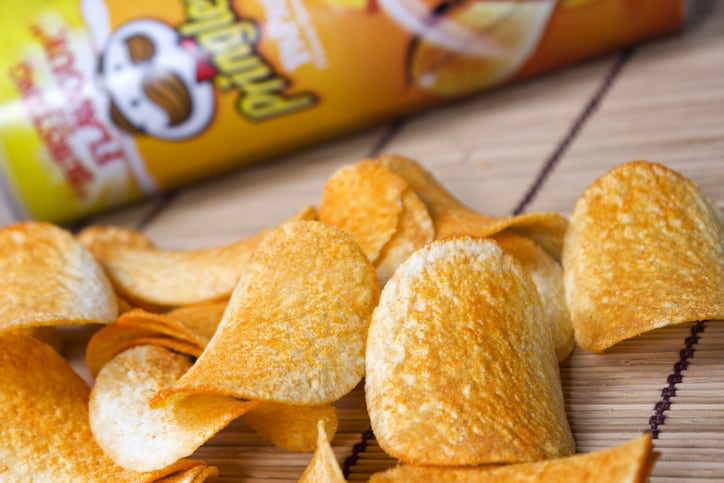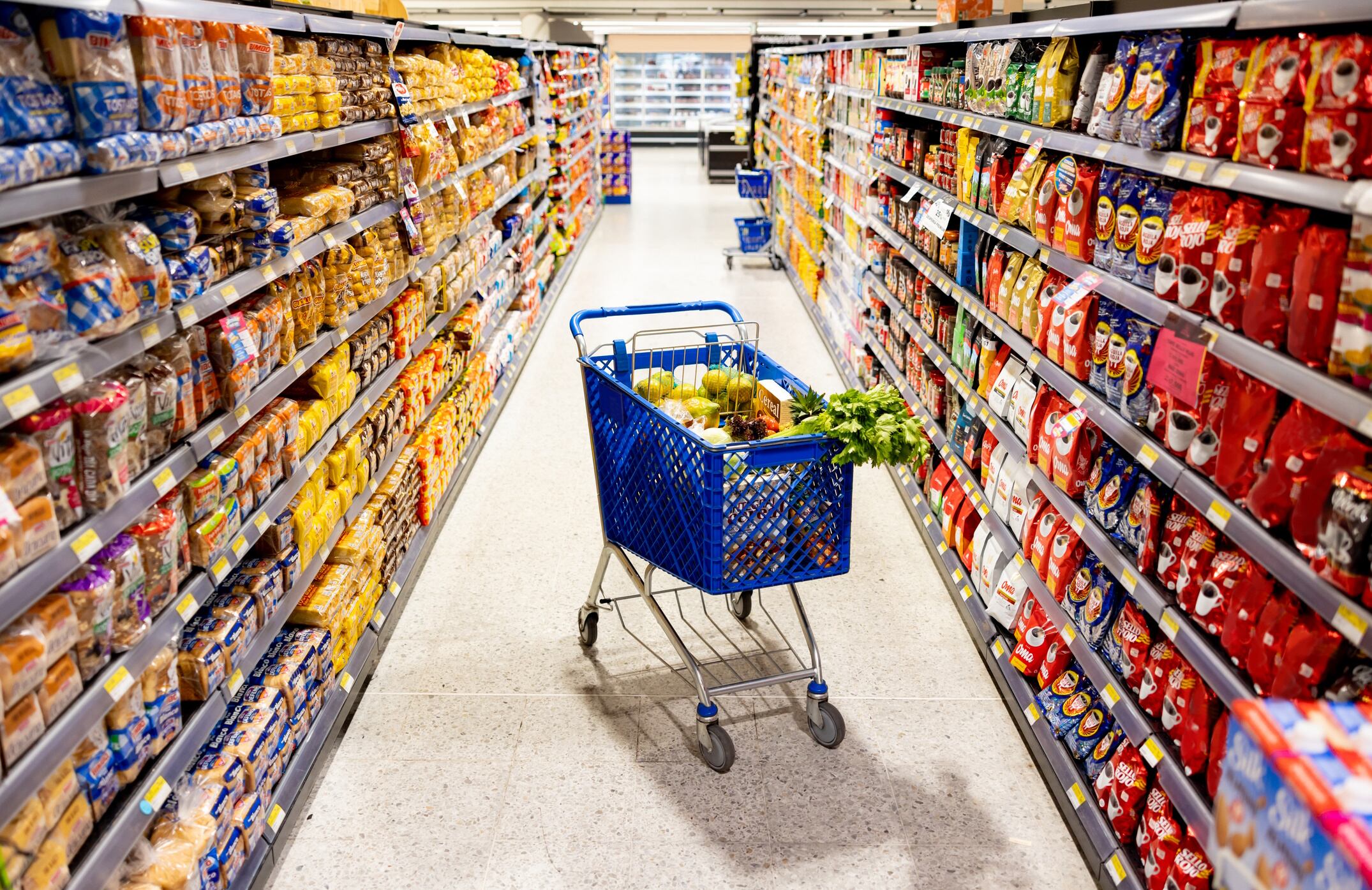This week’s developments signal a tightening regulatory landscape and growing demand for clarity – whether in labeling, dealmaking or debunking nutrition myths.
Mars–Kellanova deal hits roadblock in Europe
Although the US Federal Trade Commission cleared Mars’ proposed Kellanova snack acquisition for $36 billion, the deal is met with scrutiny across the pond. The combined business would make up 12% of the US snacking and candy market, per Nielsen NIQ data.
The European Commission launched an in-depth antitrust probe into the deal. Regulators are concerned the acquisition could significantly reduce competition in the snack foods sector – particularly in categories like cereal bars, biscuits and fruit snacks.
The investigation follows a preliminary review in which the EC warned the merger could give Mars disproportionate buying power, potentially leading to higher prices for consumers and reduced choice for retailers.
A decision deadline is set for Oct. 31. Mars may be required to divest certain assets to move forward.
Read the full story here: Is the $36 billion Mars-Kellanova merger at risk of collapsing?
Seed oil misinformation faces scientific pushback
Seed oils – including canola, soybean and sunflower – continue to face backlash on social media and among wellness influencers, with claims ranging from “toxic” to “inflammatory.” Even US health officials, like Robert F Kennedy Jr, have weighed in, criticizing the use of seed oils in processed foods.
But nutrition scientists and public health experts say the panic lacks scientific grounding. Peer-reviewed studies and meta-analyses consistently show that seed oils, which are high in unsaturated fats, are not harmful when consumed in typical amounts and may even benefit heart health by reducing low-density lipoproteins (LDL) cholesterol.
Some experts suggest the real problem is ultra-processed foods – where seed oils are just one component – not the oils themselves.
Read the full story here: Truth behind seed oils: They are not ‘poison,’ argues IFIC
FDA advances nutrition policy reforms
In 2025, FDA announced several key initiatives aimed at modernizing food labeling and improving safety standards. Most notably, the agency is revising its definition of “healthy” on food packaging to allow nutrient-dense whole foods – like avocados, nuts and fatty fish – to qualify, while limiting high-sodium or high-sugar products.
The FDA also laid out plans to:
- Update chemical safety assessments using AI and better data modeling
- Push forward with front-of-pack nutrition labels emphasizing added sugars, saturated fats, and sodium
- Phase out synthetic color Red No. 3, which has been banned in cosmetics for decades but still permitted in foods.
Read the recap here: FDA moves shaping US food so far in 2025



